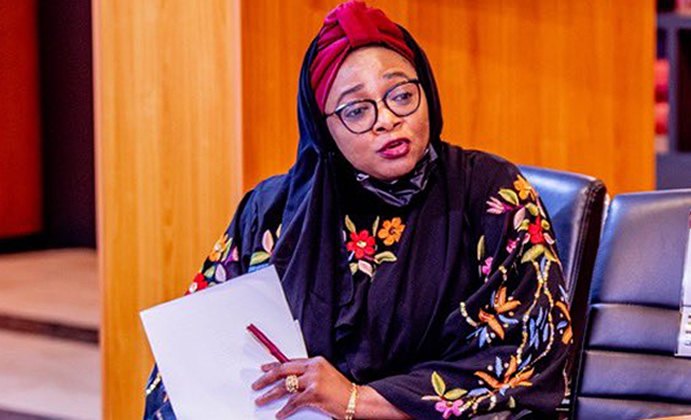Nigeria has launched its first national strategy to address menstrual health barriers impacting millions of women and girls, marking a landmark effort to combat stigma, improve education, and expand access to essential resources. The National Policy on Menstrual Health and Hygiene Management (MHHM), validated by the federal government and stakeholders in Abuja, aims to dismantle systemic challenges that have long hindered gender equity and public health outcomes.
At the policy’s unveiling, Imaan Sulaiman-Ibrahim, Minister of Women Affairs and Social Development, emphasized that menstruation “should never be a source of shame or economic hardship.” Represented by Dr. Maryam Keshinro, the minister highlighted stark realities underpinning the initiative: 25–30% of Nigeria’s population—tens of millions—are women of reproductive age, with 15% of girls aged 15–19 already mothers or pregnant. Over 7.3 million adolescent girls and women suffer from undernutrition, and 55% face anaemia, conditions worsened by inadequate menstrual hygiene resources. “Menstrual health isn’t just a women’s issue—it impacts families, communities, and national development,” she asserted.
The policy targets gaps in access to affordable sanitary products, poor water and sanitation infrastructure, limited health education, and cultural taboos that contribute to school absenteeism, health risks, and social exclusion. It aligns with President Bola Tinubu’s recent waiver on sanitary towel tariffs, a move Sulaiman-Ibrahim described as “a critical step toward gender-sensitive public health.” By 2030, the framework aims to ensure no Nigerian girl sacrifices education to manage menstruation, no woman faces career setbacks due to menstrual stigma, and no community perpetuates exclusion tied to the issue.
Implementation will require cross-sector collaboration, political commitment, and partnerships with groups like Population Services International (PSI) Nigeria and WaterAid. PSI’s Acting Country Representative, Fifi Ogbondeminu, noted their Menstrual Health No Wahala program already provides affordable products and education to combat stigma. “Menstrual health is a human right,” she said, stressing the need for nationwide access to low-cost supplies and school-based initiatives.
WaterAid Nigeria’s Evelyn Mere underscored the policy’s role in advancing water, sanitation, and hygiene (WASH) infrastructure. “When communities address menstrual health, girls stay in school, women thrive at work, and stigma fades,” she said, citing tangible improvements in regions where programs have been piloted.
Mabel Adinya-Ade, a consultant on the policy, stated its broader goal: creating a safety net for vulnerable populations through integrated health, education, and gender initiatives. The framework emerges as Nigeria grapples with displacement crises in areas like Borno and Adamawa, where menstruators in IDP camps face heightened vulnerability.
With menstrual equity now enshrined in national policy, advocates see a turning point in normalizing conversations, scaling solutions, and empowering women and girls to participate fully in society—without barriers imposed by biology.
